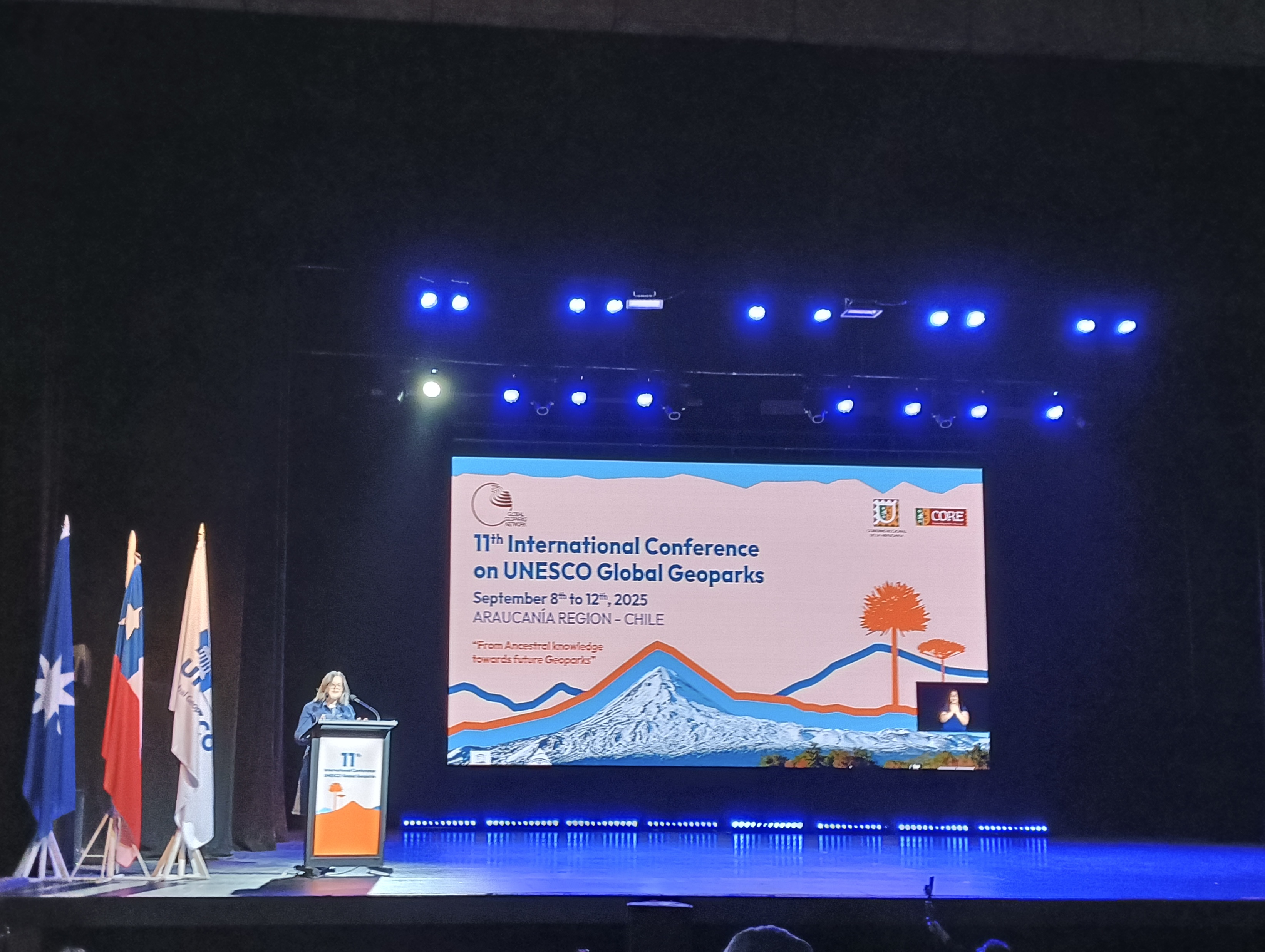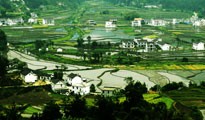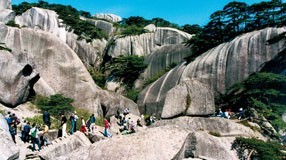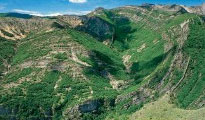The United Nations declared December 11th International Mountain Day. Most of our UNESCO Global Geoparks lie in
mountainous areas or are partly covered by mountains. Thus it is essential to
participate in the UN celebrations as another opportunity to raise the profile
of the UNESCO Global Geoparks especially during the International Year of
Sustainable Tourism for Development. Some Geoparks have already prepared
activities, events and communication actions to celebrate the day. The GGN is
strongly encouraging all Geoparks to use this opportunity to raise their
profile at the local level. UNESCO Global Geoparks should take advantage of and use the Geopark's social media and websites to communicate the values
of their mountains to the broader public. Mountains under pressure: climate, hunger
and migration. Almost one billion people live in mountain areas, and over half
the human population depends on mountains for water, food and clean energy. Yet
mountains are under threat from climate change, land degradation, over
exploitation and natural disasters, with potentially far-reaching and
devastating consequences, both for mountain communities and the rest of the
world. Mountains are early indicators of climate change and as global climate
continues to warm, mountain people — some of the world’s hungriest and poorest
— face even greater struggles to survive. The rising temperatures also mean
that mountain glaciers are melting at unprecedented rates, affecting freshwater
supplies downstream for millions of people. Mountain communities, however, have
a wealth of knowledge and strategies accumulated over generations, on how to
adapt to climate variability. Climate change, climate variability and
climate-induced disasters, combined with political, economic and social
marginalization, increase the vulnerability of mountain peoples to food
shortages and extreme poverty. Currently, about 39 percent of the mountain
population in developing countries, or 329 million people, is estimated to be
vulnerable to food insecurity. As the vulnerability of mountain populations
grow, migration increases both abroad and to urban centres. Those who remain
are often women, left to manage the farms but with little access to credit,
training and land tenure rights. Migration away from the mountain areas will also
result in an inestimable loss in terms of provision of ecosystem services and
preservation of cultural and agrobiodiversity. Investments and policies can
alleviate the harsh living conditions of mountain communities and reverse migration trends from mountain areas.
Celebrate International Mountain Day
International Mountain Day 2017 provides an
occasion to highlight how climate, hunger and migration are affecting highlands
and to ensure that sustainable mountain development is integrated into the 2030
Agenda and in the implementation of the Paris Agreement. While “Mountain under Pressure: climate,
hunger, migration” is the suggested theme for 2017, countries, communities and organizations
are encouraged to celebrate International Mountain Day through the choice of a
different themes that might be more relevant to them. http://www.un.org/en/events/mountainday/






















































